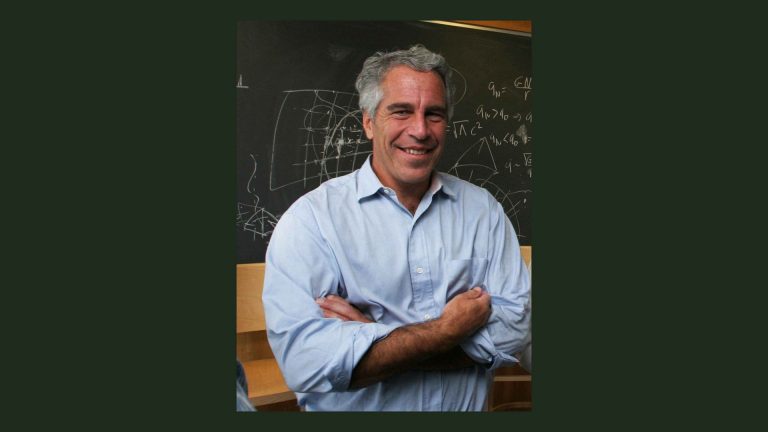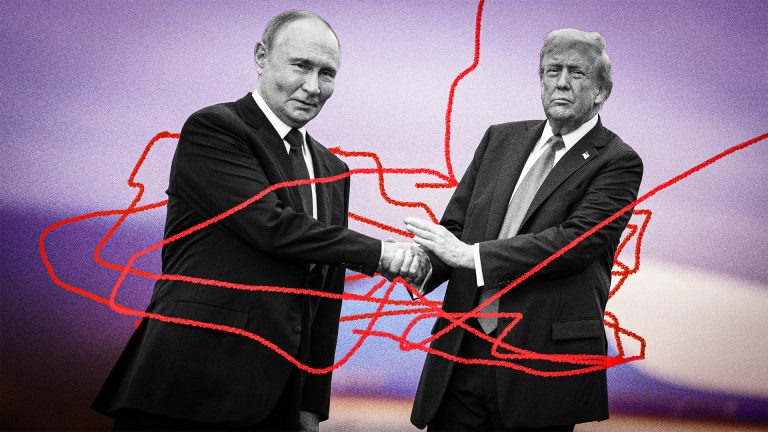Johann Wolfgang von Goethe, who lived between 1749 and 1832, is one of Germany’s most important writers. At age 48, he published a poem, The Sorcerer’s Apprentice, which quickly became one of his best-known texts and whose relevance endures to this day. In 1940, Walt Disney based a segment of the film Fantasia on this story. It has been followed by various film adaptations, countless symphonic and operatic versions.
The protagonist is an apprentice who decides to take advantage of his master’s absence to experiment with the spells he has seen him use. One of the tasks he most detests is filling a bucket with water from the well and carrying it to the workshop, so he enchants a broom to do the work for him. A grave mistake.
The floor quickly becomes covered with water, and the apprentice realizes he cannot stop the broom because he doesn’t know all the magic involved. He decides to stop it by cutting it in two with an axe, but then each piece becomes another broom that continues carrying water to the workshop, faster and faster. The room begins to flood rapidly. When all seems lost, the old sorcerer returns and immediately breaks the spell, restoring normalcy.
The apprentice’s story serves as a warning about the dangers of wielding power without wisdom. The Sorcerer’s Apprentice has become a metaphor to illustrate situations in which acting with the arrogance of ignorance unleashes unexpected and uncontrollable forces.
Donald Trump is experiencing all of this very directly. Not a week goes by without him being forced to adjust or reverse some of his decisions.
His immigration policy is generating countless unexpected consequences. The same occurs with his geopolitical interventions. “I’m going to end the war in Ukraine in 24 hours,” Trump used to say. He also said that he would quickly stop the conflict between Israel and Palestine and the war in Gaza. Unfortunately, none of that has happened.
Trump also boasted of his ability to negotiate advantageously with his Chinese colleague or with Vladimir Putin. But, so far, his purported talent as a negotiator hasn’t served him much:
“Xi Jinping is very tough and it’s extremely difficult to reach an agreement with him,” he recently wrote on his social media. The supposed friendship with Putin isn’t yielding results either, and Trump has lost patience with the Russian leader: “Putin has gone absolutely crazy,” he wrote on his digital platform Truth Social.
Like the sorcerer’s apprentice, Trump is discovering that some decisions he has made take on a life of their own and become entrenched. Inflation is a good example. “On the first day of my presidency, I’m going to end inflation,” he had said. Unfortunately, his decisions have exacerbated inflationary expectations.
Suggested Reading


American democracy is on thin ice
The trade war that Trump unleashed perfectly exemplifies this sorcerer’s apprentice dynamic. His tariffs, implemented as magical tools to solve complex trade problems, have generated unforeseen consequences that multiply like Goethe’s enchanted brooms. Each new tariff provokes retaliation from other countries, creating a cascade of protectionist measures that make products more expensive for consumers.
Like the apprentice who cut the broom in two only to create more brooms, Trump responds to these retaliations with more tariffs, thus feeding chaos in international trade. The agricultural, manufacturing, and service sectors experience disruptions that go far beyond what he initially anticipated when he invoked these commercial “spells.”
But nothing has proven more frustrating for Trump than the actions of judges who have obstructed the implementation of his decisions. Like the apprentice who discovers he doesn’t know all the spells, Trump repeatedly stumbles against an independent and decentralised judicial system that prevents him from acting as he wishes.
Some of his executive orders on immigration have been obstructed by federal courts, his attempts to alter environmental policies face adverse judicial decisions, and his efforts to concentrate executive power clash with the separation of powers. When he tries to “cut the judicial broom” with angry declarations or threats, he finds that the legal system responds with more impediments.
The sorcerer’s apprentice metaphor recalls a fundamental truth about power: wielding it without experience, without humility, and without understanding its complexities inevitably leads to painful results. Trump, like Goethe’s character, is discovering that in politics and economics there are no shortcuts. The crucial difference is that, unlike the tale, there is no master sorcerer waiting to restore order when crises get out of hand.
In real politics, the consequences of inexperience and arrogance can endure far beyond the mandate of whoever unleashed them.
Moisés Naím is the author of The Revenge of Power. He is a distinguished fellow at the Carnegie Endowment for International Peace in Washington DC.










